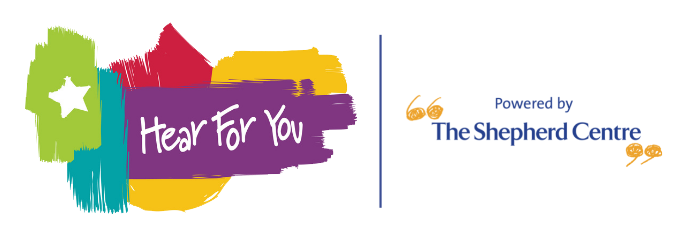Where do you sit in this debate?
Some people believe that deafness is a disability, while others argue that it is not. There are logical opinions on each side, and everyone interacts with their own deafness in their own unique way.
We take a look at both sides of the argument.
Why Deafness May Be a Disability
- We live in a world that is primarily setup for hearing people. Consequently, being deaf may make someone less able within the society that we’ve setup. There are many audio cues throughout the world and most people communicate in a hearing-based language. Since being deaf puts someone at a disadvantage in this society, deafness can be seen as a disability.
- As long as deafness is not the norm and is not accommodated everywhere, then deafness can be seen as reducing the ability for the deaf individual to perform “ordinary” tasks. Many deaf people will need some accommodations to adapt to the world around them, and may find it difficult to perform certain tasks that are otherwise taken for granted (such as answer a phone at an office).
- For those who are oral deaf and do not know how to know use sign language, things like accents can be very difficult to decipher, no matter how society changes to accomodate their deafness.
- Of course, these are philosophical arguments too. Legally, deafness does qualify as a disability, and if it did not qualify as a disability, there would likely be less help available for deaf individuals.
Why Deafness May Not Be a Disability
- When the world is properly setup to accommodate deafness, deafness has very few disadvantages. Thus, it can be argued that it is not the deaf person who is disabled, but rather the society that is not properly designed to accommodate them.
- Moreover, when people focus more on what they are able to do than what they are not able to do, it gives them more options and a more positive outlook. Deaf people are no exception to this. Identifying someone as “disabled” can feel as though it unfairly restricts their possibilities and potential.
- A disability is defined as something that prevents people from doing tasks that a “normal” or average person would be able to do. However, deaf people can do anything that hearing people can do except for hear. In this way, they may literally not fit the definition of a disabled individual. This is especially true when deaf people interact with the rest of the deaf community, and can consequently communicate with ease.
- Further, there are deaf individuals who still can hear, they just cannot hear as well as the average person. While these individuals may be labelled as disabled, they may not consider themselves truly disabled, as, again, they are able to do anything another person could do.
Ultimately, whether being deaf is a disability or not is really a subjective matter of opinion, as everyone is different and has a unique experience with their deafness. Interacting with peers, socialising, and discussing your deafness can help you find out more about what your deafness means to you.
We would love to hear your thoughts. Comment on our Facebook discussion here.



